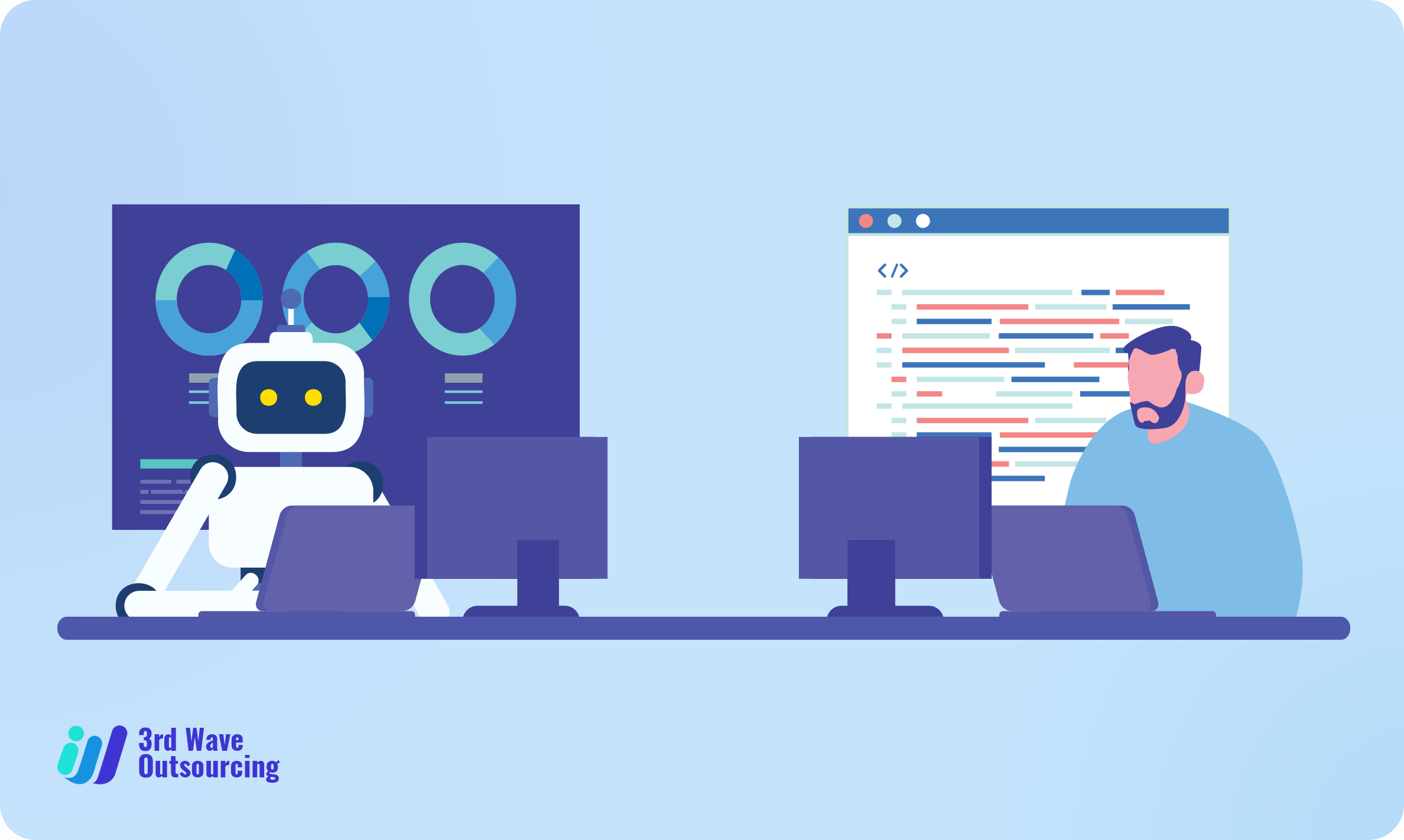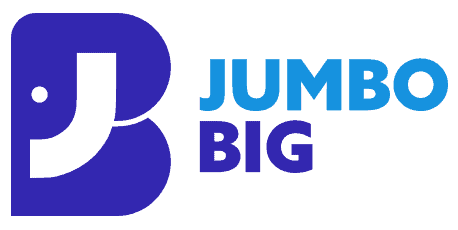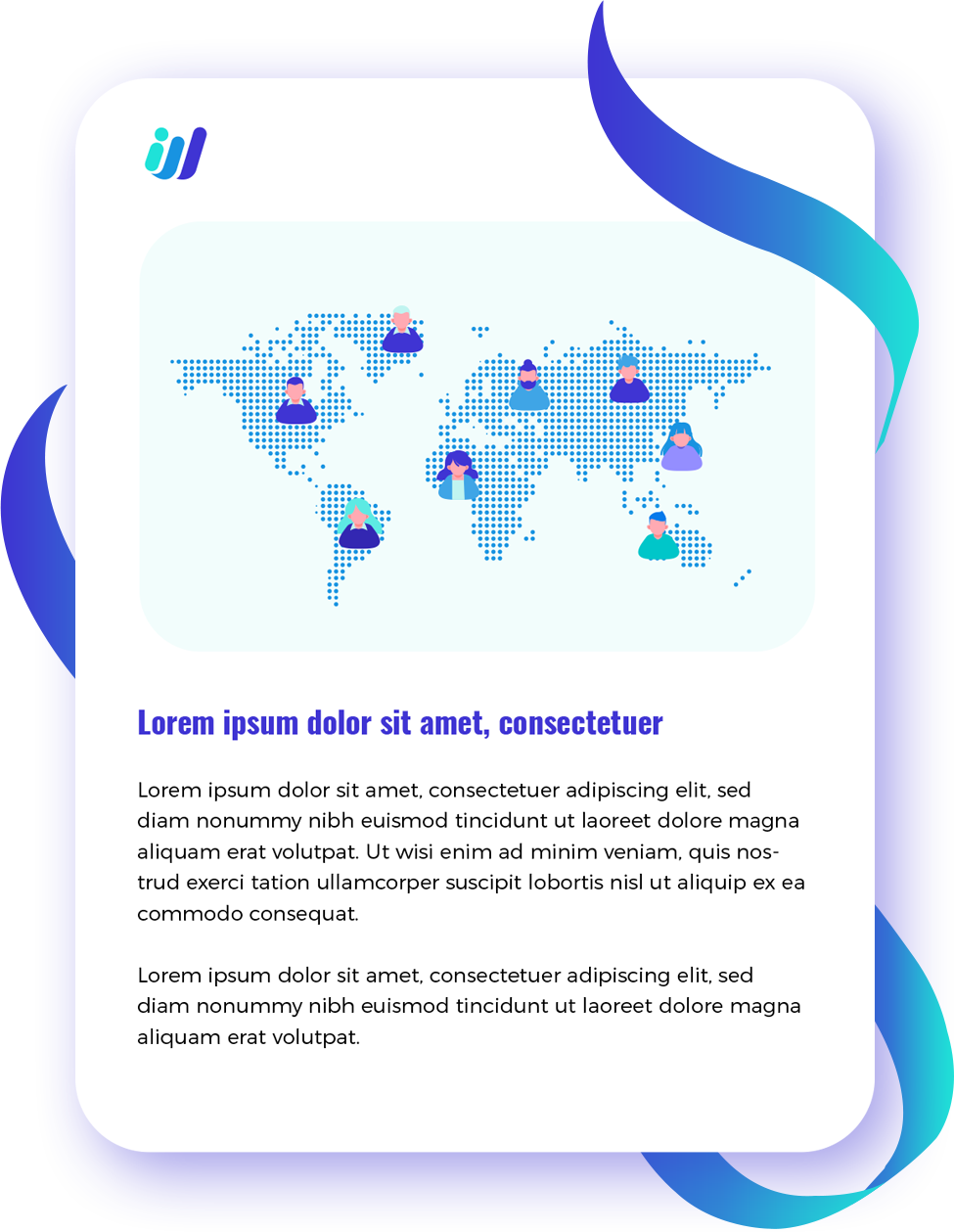In business, artificial intelligence offers several advantages over human employees. AI can process extensive data quickly, perform repetitive tasks without errors, and reduce labor costs. As a result, profitability and competitiveness increase.
Did that sound a little robotic to you? It’s time for a confession: we created the previous paragraph using artificial intelligence. While the result was a bit dry (and threatening for humans), the AI lived up to its promise of being fast, cheap, and error-free.
Artificial intelligence and machine learning have raised a lot of concerns among many people. Some programmers worry that AI tools will automate or replace certain aspects of their jobs. A number of business leaders are concerned about employees using unauthorized AI platforms. Those in human resources are caught in the middle and fear they will need to retrain to deal with robots.
Those who have survived previous waves of digital transformation know everything will be fine. Let’s take a look at what artificial intelligence means for business.
Artificial intelligence isn’t coming – it’s already here
AI can be used for everything from writing computer code to filling out self-evaluation forms. Soon, artificial intelligence will become a part of everyday life – for example, Microsoft plans to integrate ChatGPT into Excel and Word.
An urgent task awaits enterprise leaders: updating employee handbooks. AI tools should be used according to clear guidelines. It is also important to speak with IT about updating cybersecurity systems and training: AI tools have become more sophisticated and are capable of identifying and exploiting vulnerabilities in computer systems.
Human Intelligence vs. Machine Intelligence
Computers are generally considered intelligent because they can learn and make decisions based on the information they receive. Despite acknowledging that ability, our intelligence is quite different.
In its simplest form, AI is a computer that acts and decides intelligently. AI mimics how humans act, feel, speak, and decide, following Alan Turing’s philosophy. In an organizational setting, this type of intelligence is extremely useful: AI is capable of identifying patterns of information that optimize trends for job success. Furthermore, AI never gets physically tired and can keep working as long as it is fed data.
Due to these qualities, AI is well-suited to automate lower-level routine tasks that are repetitive and take place within closed management systems. A system like this has clear rules that cannot be influenced by external forces. Consider an assembly line where workers are not interrupted by external demands or influences, such as work meetings. As an example, Amazon placed algorithms in the role of managers to supervise human workers and even terminate them on the assembly line. Since the work is repetitive and subject to rigid procedures that optimize efficiency and productivity, AI can perform more accurately than human supervisors.
However, human abilities are more expensive. Unlike AI, humans are able to imagine, anticipate, feel, and judge changing situations, which allows them to shift from short- to long-term concerns. As opposed to artificial intelligence, these abilities are unique to humans and do not require a constant flow of data from outside sources.
As a result, humans represent a different type of artificial intelligence – authentic intelligence. It is necessary to have this type of intelligence when there are open systems in place. Open management systems require teams and organizations to interact with the external environment and therefore deal with influences from outside. It demands a creative approach to distilling a vision and future strategy within a work environment that anticipates, for example, sudden changes and distorted information exchanges. Open systems are constantly undergoing transformation, and authentic intelligence is required to manage that process effectively.
The use of AI will transform some types of work
Every day-to-day operation is affected by digital transformation. As technology takes over mundane, repetitive tasks, humans can focus on more strategic tasks.
As a result, leaders can tweak some team structures and job descriptions and redesign others entirely, identifying where human talent can be most valuable.
Artificial intelligence is not a competitor, but a partner
AI isn’t seen as a threat by most employees. A study found that 60 percent of workers see AI as the kind of co-worker who helps the team achieve long-term success. AI is also making some people’s lives easier. Developers can find code suggestions on GitHub Copilot, for example.
This is the best attitude toward AI, and a great way to reassure people who feel threatened. In the end, artificial intelligence and machine learning are just tools. While they can make us work faster and smarter, people still need to use them.
Human talent cannot be replaced by artificial intelligence
AI may be superior at certain tasks, but it can only “think” based on its training data. Innovation and creativity can’t be achieved with AI tools, so businesses will still need humans to come up with new ideas.
Communication is another thing humans excel at. This article’s opening paragraph is a perfect example. Although it’s a functional piece of text, it lacks empathy and warmth. Leadership and team building depend on good communication, as do client relationships.
Human talent won’t be replaced by AI – it will be unleashed by it. Your people will be able to drive towards your long-term goals with the help of artificial intelligence.
Are you ready to build a team that’s AI-ready?
Let us help you find top talents in IT, technical support, digital marketing, and cloud services so you can leverage all the benefits of outsourcing in the new normal. Request a FREE copy of the e-book on Third Wave Outsourcing.



